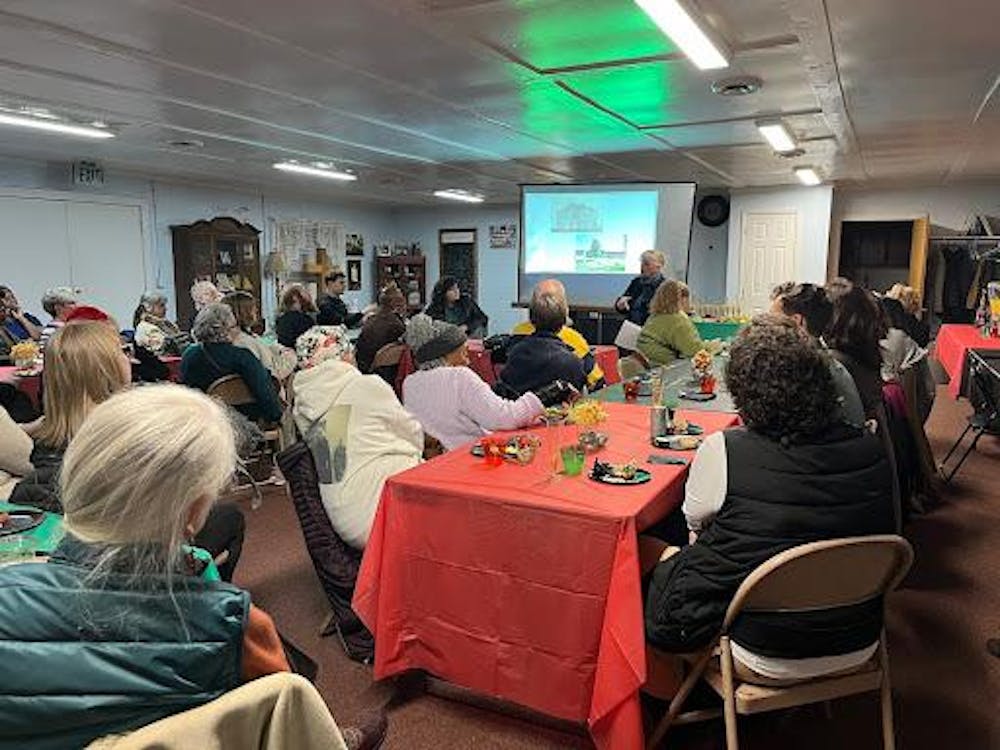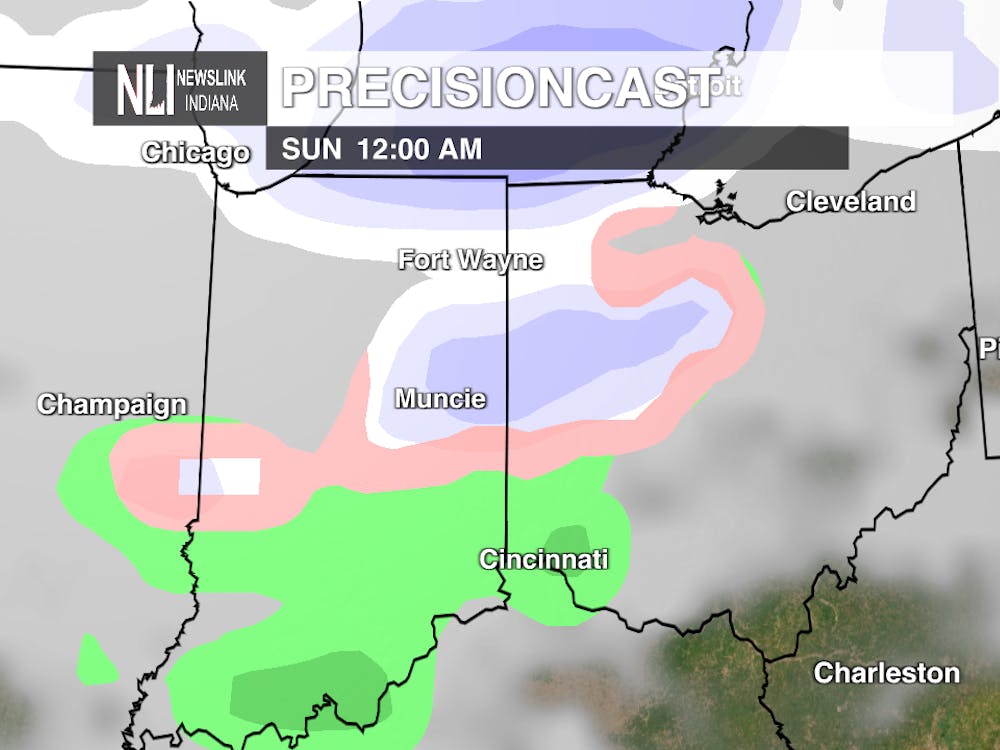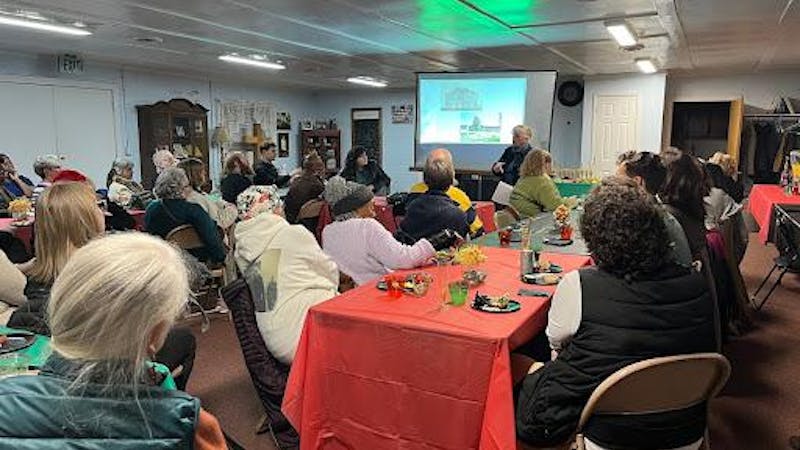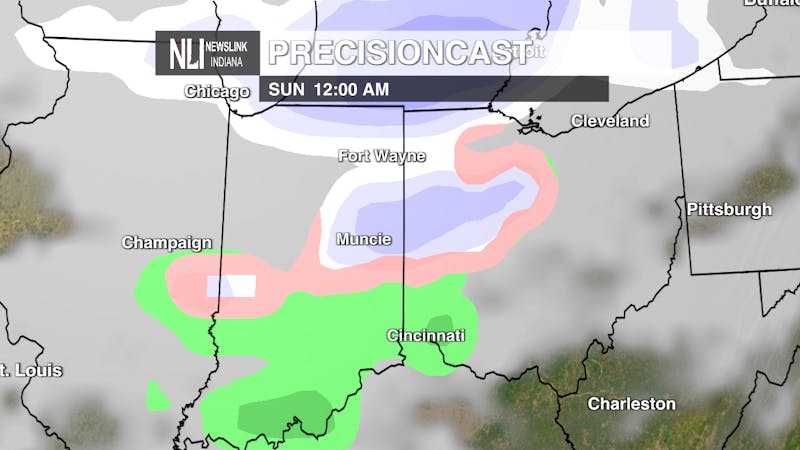MUNCIE, Ind.(NewsLink) -- You hear the siren, you see the lights, you get your ticket or warning, and go home. We all know the drill.
But if you managed to get a traffic ticket, you’ll most likely just go online and pay the $100 to $200 fine, but there's other options that few people know of to fight a ticket.
"Individuals should always explore the options because it can affect you for your life. It can affect you for your future and even your education," said Muncie Attorney Frank Brinkman.
According to Brinkman, you can try to present your case in court. Usually if the officer who issues your ticket doesn’t show up, they dismiss your ticket. If they do show up, they give you one more chance to take an infraction diversion program. But what exactly is an infraction diversion program?
“That means if I’m eligible for the program I sign an agreement, I pay my cost and fees and with the passage of time the offense is dismissed. That means no points. The key about having the prosecution diversion program is that if I fulfill the program, then once the charge is dismissed, I may be able to expunge the charge from my record," said Brinkman.
And of course, one more way to avoid the price of a speeding ticket is to not speed in the first place.
Always be aware of your surroundings, and be on the lookout for school zones, which increases the fines you may receive if caught speeding.
“The way to avoid it is to follow the rules of the road. I would make sure that before operating my car my lights work, I would make sure I’m not speeding, I would use my turn signals, I would also make sure that there’s nothing illegal on my person and nothing illegal in my vehicle and then always carry your proper identification. Because anyone can be stopped. Just because you’re stopped doesn’t mean you committed the offense," Brinkman said.











